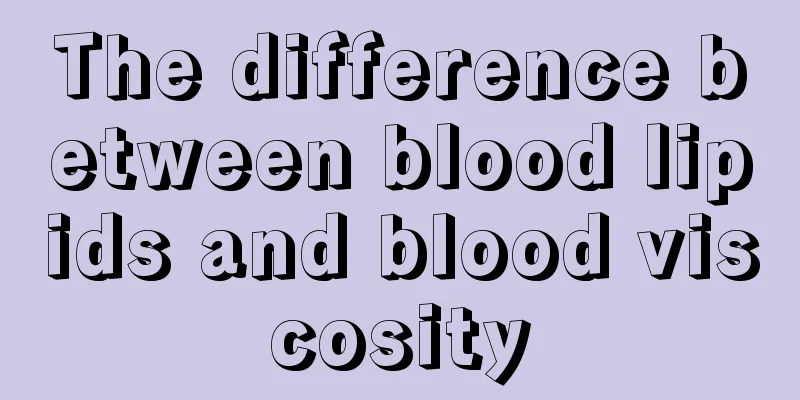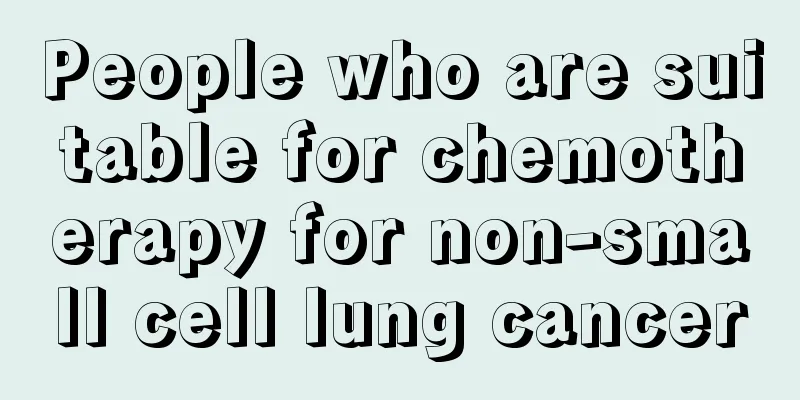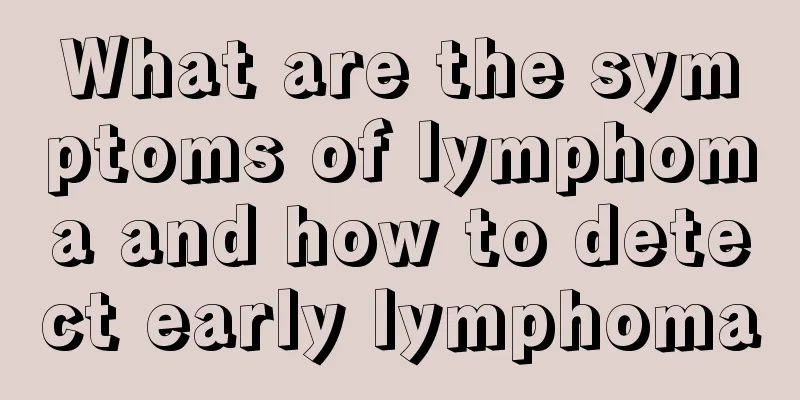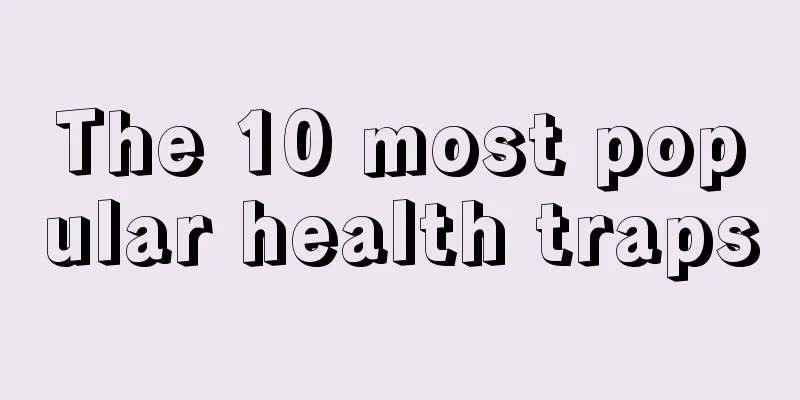The reason why urticaria has not been cured

|
Urticaria is a relatively common skin disease. If you want to completely cure it, you must persist in treatment and do a good job of skin care. There are many treatments for urticaria, but many patients will have recurring symptoms. The causes of recurrent urticaria include environmental factors, bad living habits, infectious factors or genetic factors. Here are some of the causes and treatments for recurrent urticaria. 1. Causes of recurrent urticaria 1. Environmental factors When the working or living environment is dry, dusty or polluted by harmful substances, the nasal mucosa can easily be irritated and damaged, causing rhinitis. 2. Bad living habits If you often stay up late and overwork, your resistance and immunity will decrease, leading to urticaria. 3. Infection factors Including viruses, bacteria, parasites, etc. The most common ones are viruses that cause upper respiratory tract infections and Staphylococcus aureus, followed by hepatitis viruses. Most chronic infection lesions, such as sinusitis, tonsillitis, and most chronic otitis media, are closely related to the onset of urticaria. 4. Genetic factors One of the factors that trigger urticaria is genetics. People with a family history of allergies are more likely to develop this disease. The patients' families often have a history of asthma, urticaria or drug allergy. In the past, such patients were called atopic individuals, whose ability to produce antibodies was higher than that of normal people. 2. Treatment of urticaria 1. General treatment Because the causes of urticaria vary, the treatment effects are also different. The specific treatment measures are as follows: (1) Eliminate the cause. Every patient should strive to find the cause of the attack and avoid it. If the cause is infection, the infected lesions should be treated actively. If the allergy is caused by drugs, the allergy medication should be stopped; if the allergy is caused by food, find out the allergic food and do not eat this food again. (2) Avoid inducing factors. For example, for cold urticaria, you should keep warm; for acetylcholine urticaria, you should reduce exercise, sweating and mood swings; for contact urticaria, you should reduce the chance of contact. 2. Medication (1) Antihistamines ①H receptor antagonists have strong anti-histamine and anti-other inflammatory mediator effects, and are effective in treating various types of urticaria. Commonly used H1 receptor antagonists include diphenhydramine, cyproheptadine, chlorpheniramine, acrivastine, cetirizine, mizolastine, loratadine, ebastine, azelastine, desloratadine, etc.; when single treatment is ineffective, two different types of H1 receptor antagonists can be used in combination or in combination with H2 receptor antagonists. Commonly used H2 receptor antagonists include cimetidine, ranitidine, famotidine, etc. It is effective for acute, chronic urticaria and cold urticaria. Dosage varies from person to person. ② Doxepin is a tricyclic antidepressant that is particularly effective for chronic urticaria and has fewer adverse reactions. Doxepin is a better choice of drug for patients with urticaria who are not responsive to traditional antihistamines. (2) Drugs that inhibit mast cell degranulation and reduce histamine release ① Metabuterol sulfate is a β2-adrenergic receptor stimulator that can increase the concentration of cAMP in the body, thereby inhibiting mast cell degranulation. ② Ketotifen inhibits mast cell degranulation and prevents the release of inflammatory mediators (such as histamine, slow-reacting substances, etc.) by increasing the concentration of cAMP in the body. Its suppressed. It is stronger and faster than sodium cromoglycate and can be taken orally. ③Sodium cromoglycate can block the binding of antigen and antibody and inhibit the release of inflammatory mediators. If used in combination with glucocorticoids, the dosage of the latter can be reduced and the therapeutic effect can be enhanced. ④ Tranilast reduces the release of histamine by stabilizing the mast cell membrane. (3) Glucocorticoids It is a second-line drug for the treatment of urticaria. It is generally used when severe acute urticaria, urticarial vasculitis, pressure urticaria are ineffective with antihistamines, or when chronic urticaria is severely stimulated. It is given by intravenous drip or orally, and long-term use should be avoided. Commonly used drugs are as follows: ① prednisone; ② triamcinolone; ③ dexamethasone; ④ diprosone. In emergency situations, hydrocortisone, dexamethasone, or methylprednisolone is given intravenously. (4) Immunosuppressants When patients with chronic urticaria have an autoimmune basis, the disease recurs, and the above treatments cannot achieve satisfactory results, immunosuppressants can be used. Cyclosporine has a good therapeutic effect. Azathioprine, cyclophosphamide, methotrexate and immunoglobulin can all be tried. Tripterygium wilfordii also has a certain therapeutic effect. Due to the high incidence of side effects of immunosuppressants, they are generally not recommended for the treatment of urticaria. In addition, drugs that reduce vascular permeability, such as vitamin C, vitamin P, calcium supplements, etc., are often used in combination with antihistamines. If it is caused by infectious factors, appropriate antibiotics can be used for treatment. |
<<: What to do if hives keep coming back
>>: Are bad teeth caused by kidney problems?
Recommend
What tests should be done in the early stages of nasopharyngeal cancer
Nasopharyngeal cancer has caused many people to l...
What are the side effects of protein thread embedding for weight loss
Once the body is obese, it is easy to induce many...
The main pathway of sugar metabolism
The human body needs sugar to provide energy. Whe...
What are the benefits of drinking wild Pueraria root soaked in water?
Pueraria root is the root of wild Pueraria lobata...
What can you eat more of in your daily life to quickly supplement calcium?
Calcium is an essential element in our body. Calc...
Nervous enough to want to vomit
Human beings have seven emotions and six desires,...
What are the characteristics of portal vein tumor thrombus in advanced liver cancer? How to treat it?
Generally, in the late stage of liver cancer, the...
What is sulfuric acid
Speaking of sulfuric acid, many people will actua...
What causes numbness in the face?
Facial numbness is caused by numbness of the faci...
What kind of ointment is better for vulvar inflammation
Most women suffer from gynecological diseases, an...
What are the benefits of eating garlic every day
Many people think that garlic, like other spices,...
What causes throat cancer
Laryngeal cancer is mainly caused by genetic fact...
How to diagnose kidney cancer in the elderly
The cause of kidney cancer in the elderly is stil...
What to do if you drown while swimming
Recently, many people have experienced water inge...
What are the traditional Chinese medicine treatments for lung cancer? Four methods of treating lung cancer with traditional Chinese medicine
Lung cancer is feared by everyone, after all, it ...









